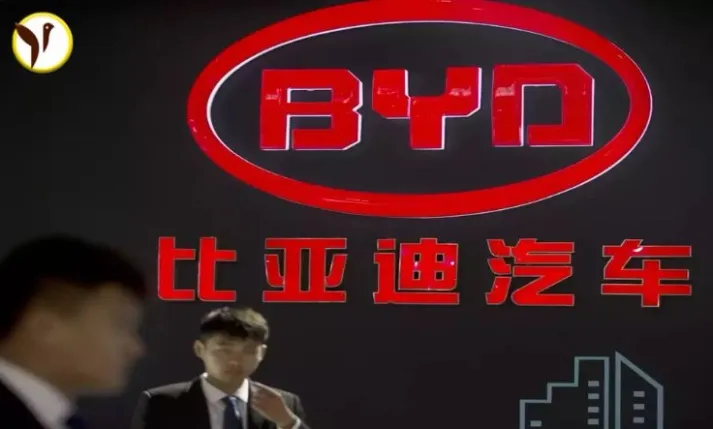Chinese electric vehicle (EV) manufacturer BYD finds itself in the midst of an ongoing investigation by India's Directorate of Revenue Intelligence (DRI) over alleged tax evasion. The DRI claims that BYD, known as China's largest EV maker, has not paid taxes amounting to Rs 730 million ($9 million) on imported parts used in cars assembled and sold in India. The investigation was prompted after BYD recently shelved its plans to collaborate with partner Megha Engineering in establishing an electric car production facility in India.
Despite making deposits to cover the alleged unpaid taxes following DRI's preliminary findings, BYD remains under scrutiny as another probe is launched to examine potential additional tax charges and penalties. As of now, the DRI is yet to issue a final notice to BYD, giving the company an opportunity to contest the findings.
Last month, the Indian government reportedly rejected BYD Motors' proposal to set up a $1 billion four-wheeler manufacturing plant in India in partnership with Hyderabad-based Megha Engineering and Infrastructures Ltd. The proposed facility aimed to produce 10,000-15,000 electric four-wheelers in Hyderabad, with BYD providing the technology and know-how while Megha handled the capital investment. However, the rejection of this ambitious venture has put the company's Indian plans in question.
BYD is already present in the Indian market, where it currently sells its Atto 3 electric SUV and the e6 electric sedan to corporate fleets. Additionally, a unit of Megha Engineering and Infrastructures, Olectra Greentech, has collaborated with BYD to develop two electric buses.
The investigation comes in the wake of India's tweaked foreign direct investment policy in April 2020, which requires companies from neighboring countries to seek approval from the Indian government before investing in Indian firms. The move was aimed at scrutinizing investments from Chinese companies following the outbreak of the Covid-19 pandemic.
BYD's tax evasion case is the latest development in the ever-evolving landscape of India's electric vehicle industry and raises questions about the future prospects for foreign companies seeking to invest in the Indian market. As the investigation unfolds, the company's operations in India and its potential partnerships hang in the balance, awaiting the DRI's final verdict.
Also read, Apple Co-founder Steve Jobs’s son, Reed Jobs, launches $200M VC for cancer treatments







